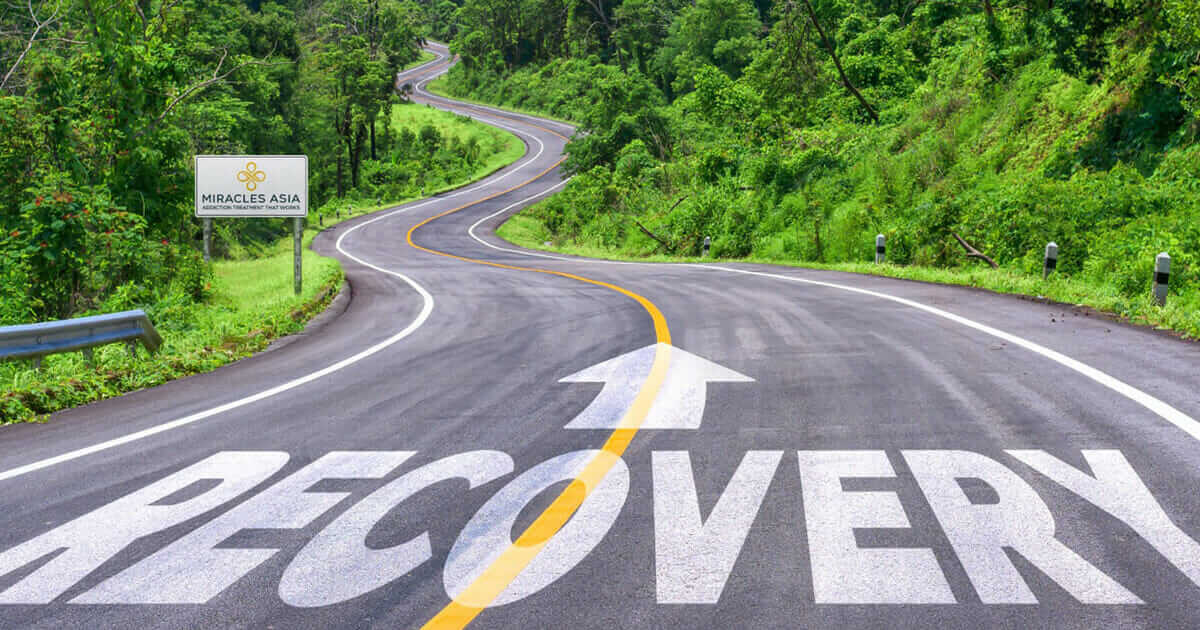One of the most powerful tools individuals can harness during this process is gratitude. Cultivating gratitude not only enhances emotional well-being but also strengthens recovery efforts. In this article, we will explore how gratitude can play a transformative role in addiction recovery and provide actionable strategies to incorporate it into daily life.
The Role of Gratitude in Recovery
Gratitude involves recognizing and appreciating the positive aspects of life, even amid challenges. For those in recovery, practicing gratitude can lead to several significant benefits:
Enhanced Mental Health: Studies show that gratitude can reduce symptoms of anxiety and depression, which are often prevalent in individuals recovering from addiction. By focusing on positive experiences, individuals can shift their mindset from one of scarcity to one of abundance.
Strengthened Relationships: Recovery can often feel isolating. Gratitude fosters connection by encouraging individuals to appreciate their support networks, whether friends, family, or recovery groups. This strengthened bond can provide essential emotional support during challenging times.
Increased Resilience: Gratitude helps build resilience. When individuals acknowledge what they are thankful for, they develop a more optimistic outlook, making it easier to face setbacks and challenges during recovery.
Improved Coping Strategies: Practicing gratitude encourages healthier coping mechanisms. Instead of resorting to substances during difficult times, individuals who embrace gratitude are more likely to engage in positive activities that promote healing and growth.
How to Cultivate Gratitude in Recovery
Incorporating gratitude into your daily routine can be a simple yet effective way to support your recovery. Here are some practical strategies to get started:

1. Keep a Gratitude Journal
Writing down what you are grateful for each day can be a powerful practice. Set aside a few minutes each evening to reflect on your day and jot down at least three things you appreciated. This can range from small moments, like a beautiful sunset, to significant achievements, like reaching a recovery milestone. Over time, this journal will serve as a reminder of the positive aspects of your life.
2. Practice Mindfulness
Mindfulness meditation encourages individuals to focus on the present moment. This practice can enhance awareness of what you are grateful for. Spend a few minutes each day in quiet reflection, concentrating on your breath and allowing positive thoughts to surface. Consider visualizing moments of gratitude and how they impact your emotional well-being.
3. Share Gratitude with Others
Expressing gratitude to others can deepen connections and enhance relationships. Take the time to thank someone who has supported you during your recovery journey. Whether through a handwritten note, a phone call, or a simple message, expressing appreciation fosters a sense of community and reinforces positive bonds.
4. Create a Gratitude Ritual
Incorporate gratitude into your daily routine by establishing a specific ritual. This could be as simple as saying what you are grateful for before meals or during morning reflections. Creating a ritual helps make gratitude a consistent part of your life, reinforcing its importance in your recovery.
5. Join Support Groups

Support groups provide a platform for individuals in recovery to share their experiences. Many of these groups emphasize the importance of gratitude as a part of the healing process. Engaging with others who share similar struggles can help you realize that you are not alone and encourage you to practice gratitude together.
The Connection Between Gratitude and Drug Rehab in Pennsylvania
For those seeking professional support in their recovery journey, Peace Valley Recovery stands out as a premier outpatient drug rehab pennsylvania Their approach to treatment emphasizes holistic recovery, incorporating practices that foster emotional well-being, including gratitude.
At Peace Valley Recovery, individuals are encouraged to explore gratitude as part of their healing process. Through counseling, group therapy, and personalized treatment plans, clients learn how to harness gratitude to support their recovery. The supportive environment fosters a sense of community, where individuals can share their journeys and celebrate their successes.
Conclusion
Cultivating gratitude is a powerful and transformative practice in addiction recovery. By focusing on the positive aspects of life, individuals can enhance their mental health, strengthen relationships, and build resilience. Incorporating simple gratitude practices into daily life can lead to profound changes, supporting long-term recovery.
As you embark on your recovery journey, consider how gratitude can play a role in your healing. Whether through journaling, mindfulness, or connecting with supportive communities, embracing gratitude can make all the difference. If you're looking for professional support, Peace Valley Recovery in Pennsylvania offers a compassionate and holistic approach to drug rehab, guiding individuals toward a healthier, more fulfilling life.














